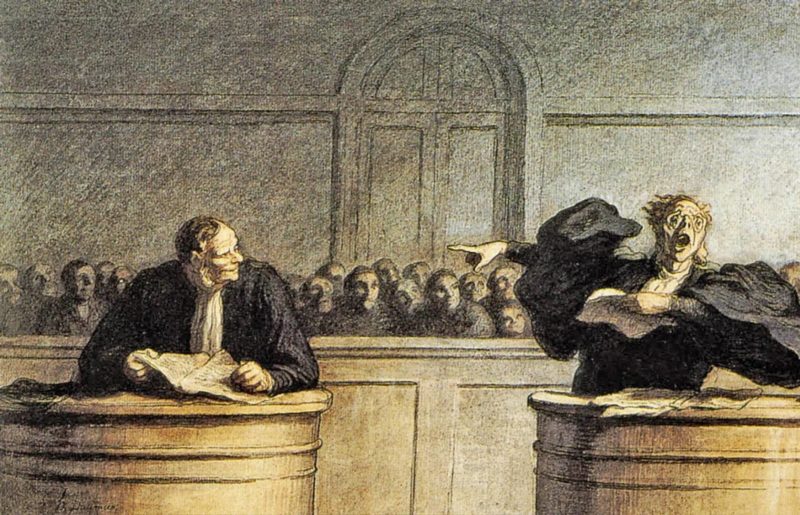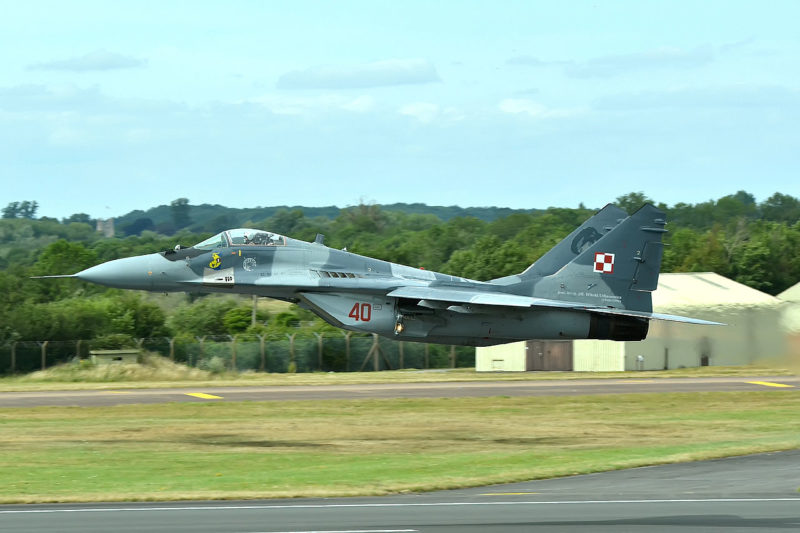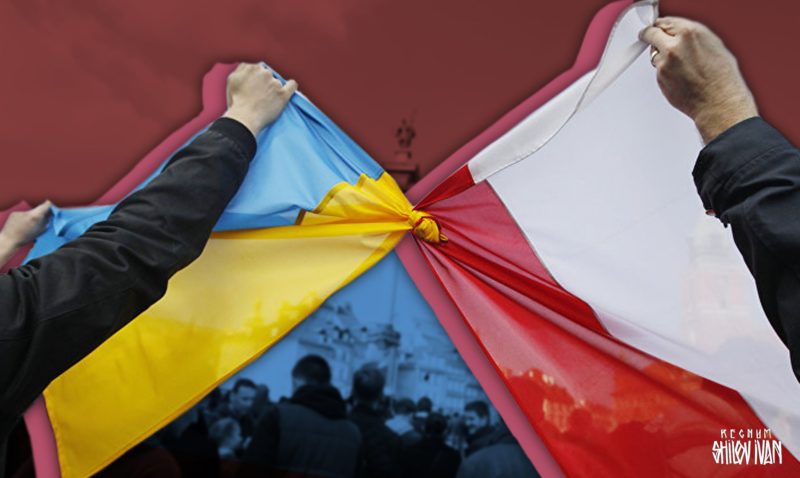For Russia, the decision of the court in The Hague is legally null and void.
The International Criminal Court (ICC) in The Hague issued an arrest warrant against Russian President Vladimir Putin on March 17. A similar warrant was issued for the arrest of Maria Lvova-Belova, presidential commissioner for children’s rights.
“Today, 17 March 2023, Pre-Trial Chamber II of the International Criminal Court (“ICC” or “the Court”) issued warrants of arrest for two individuals in the context of the situation in Ukraine: Mr Vladimir Vladimirovich Putin and Ms Maria Alekseyevna Lvova-Belova,” written in the court’s press release.
It is claimed that Putin and Lvova-Belova are allegedly connected with some war crimes. According to the court, it is about involvement in the displacement of the population (including children) from the territories liberated from Kiev’s power to other Russian regions.
Reaction in Russia
The Kremlin responded harshly to the ICC’s decision to issue the warrant. Moscow said the warrant had no significance for Russia because Russia is not a party to the Rome Statute of the International Criminal Court and has no obligations under it.
“Russia is not cooperating with this body, and possible arrest ‘prescriptions’ coming from the International Court of Justice will be legally null and void for us,” the spokeswoman of the Russian Foreign Ministry Maria Zakharova said.
In turn, presidential spokesman Dmitry Peskov noted that the Kremlin considers the very formulation of the issue “outrageous and unacceptable,” adding that “Russia, like a number of states, does not recognize the jurisdiction of this court. Peskov declined to comment on whether the court ruling will affect the Russian leader’s international visits.
Andrey Klishas, head of the Federation Council committee on constitutional legislation and state building, also pointed out that the warrant does not have any legal consequences. In his opinion, “by adopting such an absurd decision, the ICC has taken the path of self-liquidation.” He added that Russia should immediately issue an arrest warrant for all ICC judges.
Vladimir Dzhabarov, first deputy chair of the Federation Council Committee on Foreign Affairs, agreed with Klishas. He thinks that “it would be nice if, for example, the Basmanny court in Moscow issued a warrant for the arrest of all members of the international court in The Hague” for inciting the world situation with their illegal acts.
“I am sure that the members of this ‘tribunal’ themselves understand the absurdity of their steps, but they are pressured by neo-Nazis from the EU and NATO, and are forced to make decisions that are null and void from a legal point of view,” Dzhabarov stressed.
Vyacheslav Volodin, chairman of the Russian State Duma, called the court’s decision “nonsense,” which suggests that “the West becomes hysterical.”
“The papers of the alien Hague court do not apply to Russia. Washington and Brussels have exhausted all possibilities of sanctions and unfriendly actions,” he said, adding that the attacks on Putin could be seen as aggression against Russia.
Denis Pushilin, head of the Donetsk People’s Republic, stressed that the decision to issue the warrant speaks to the European Union’s alarm at Russia’s growing influence in Africa and Latin America, where most of the Rome Statute countries are located.
“So, it seems that Europe has strong heartburn and even some kind of hysteria about our influence and its isolation. Since they have already begun to try to give ultimatums to the members of the Rome Statute to choose sides in such clownish ways,” he said.
Reaction in the world
Kiev, as was to be expected, praised the issuance of the arrest warrant against Putin. Ukrainian President Vladimir Zelensky called it a “historic decision.” And Chairman of the Verkhovna Rada Ruslan Stefanchuk said that “this is a big step in the restoration of world justice.”
The USA, the EU and the UK also supported the ICC decision. Head of the European Union diplomacy Josep Borrell said that this is the beginning of the process to bring the perpetrators to justice. German Chancellor Olaf Scholz welcomed the decision, noting that “no one is above the law.” British Foreign Secretary James Cleverly stressed that “Work must continue to investigate the atrocities committed.”
However, the reaction at the UN has been far from clear-cut. At a briefing, Stephane Dujarric, the UN secretary general, said that Secretary-General António Guterres was ready to continue dealing with the Russian president.
Dujarric stressed that the UN Secretary-General would talk to whomever he sees fit to address the issues before him.
He added that he could not say whether the warrant would affect Putin’s ability to visit international forums, including UN agencies.
US President Joe Biden also had a mixed response. On the one hand, he said he thought the court’s decision was justified, and on the other, that the United States does not recognize it internationally.
“but the question is it’s [the court decision] not recognized internationally by us,” Biden said.
Serbian President Aleksandar Vucic said the ICC decision shows the West’s determination to go all the way in confronting Moscow. In his opinion, this will have dire worldwide consequences.
“It will be publicly ridiculed in Russia, which is not a laughing matter. The West has thus shown that it will go all the way and is not worried about a possible escalation of the conflict. A lot of water will still flow by the Danube and the Savoy, the Dnepr and the Volga before the bloody conflict in Ukraine stops,” he said, speaking to citizens in Sremska Mitrovica Square.
Vucic said that the West has decided to put additional pressure on countries that have not been sharp against Russia so far, citing Turkey and Hungary as examples. At the same time, the Serbian leader pointed to the difficulties that his country will face in this situation, in particular in the EU-mediated talks in Northern Macedonia on the settlement in Kosovo.
The International Criminal Court in The Hague was established on the basis of the 1998 Rome Statute. Russia is not a party to the Rome Statute. Its decisions are not legally recognized by a number of other states, including China and the United States. In 2016, Russian President Vladimir Putin signed an order rejecting Russia’s participation in the Rome Statute. As the Russian Foreign Ministry explained, “the court did not meet the expectations placed on it and did not become a truly independent, authoritative body of international justice.”
The International Court of Justice in The Hague has no right to make arrests, and will not be able to enforce the warrant itself. Therefore, the decision is symbolic. We should expect that Putin’s arrest warrant will exacerbate the conflict in Ukraine. The ICC’s decision can be seen as an attempt by the West to increase pressure on the countries that are members of the Rome Statute and have a partnership with Russia.
Source: Rossa Primavera News Agency




